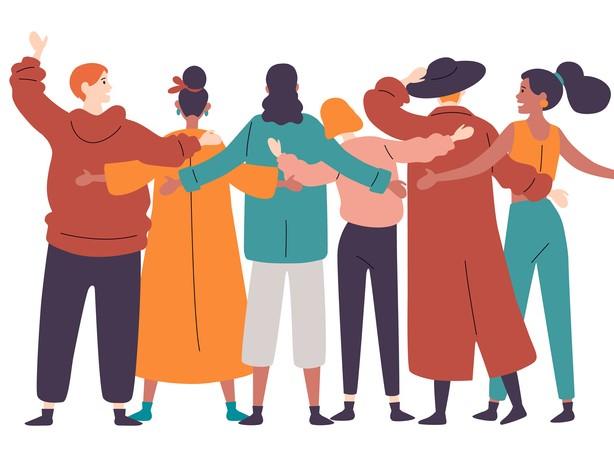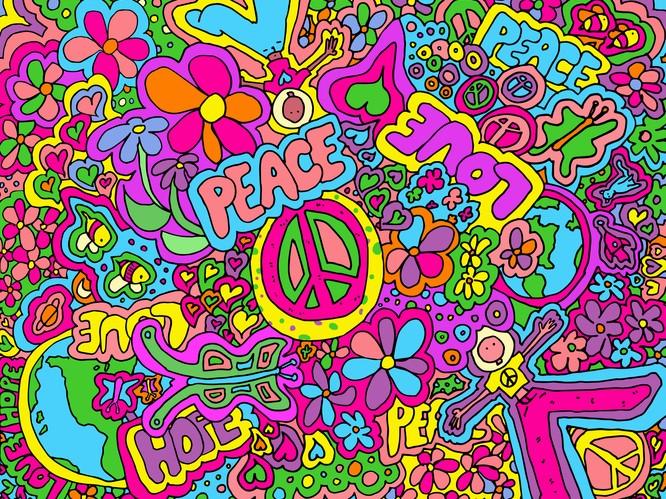
Heart skills to future-proof students
These 10 skills might sound as soft as the centre of a Valentine’s Day chocolate, but they are essential for the careers and employability of our students, writes Elizabeth Reid Boyd

You may also like
What separates us from the robots? It isn’t our minds. It’s our hearts.
And it isn't just our love lives that can be improved by leaning into this difference. It’s also the future employability and careers of our students. “Jobs increasingly need us to use our hearts,” according to Deloitte’s 2019 report The Pathway to Prosperity: Why the Future of Work is Human. By 2030, it’s estimated that artificial intelligence or automation will replace close to 400 million jobs globally, in part or in full. “Creatives”, including artists, designers, entertainers and media workers, will be in demand, as will those with technological skills. Also needed will be people with human-centric interpersonal skills – in other words, employees with heart. Amid growing depersonalisation, work is about remaining human.
- Spotlight: Skills every early career academic needs
- Three innovative authentic assessments to encourage soft skill mastery
- Soft skills: how to promote student collaboration in online environments
Interpersonal and social skills are the future of embodied employment, which incudes our minds, bodies and hearts. We can no longer separate physical, emotional and psychological well-being. In the context of increasingly conflicted personal, professional and political climates, debates around civility, and the long-term effects of the Covid-19 pandemic on mental and emotional health, our students will need such skills more than ever. But they’re challenging to teach (and sometimes considered a bit touchy-feely). We incorporate mindfulness exercises and somatic self-awareness, and link empathy with the arts to fuse moral imagination and social feeling.
These 10 human-centric skills – sometimes called “heart skills” – are drawn from my research in the emerging field of love studies and from my long-term teaching and learning practice in a first-year interpersonal skills unit in the School of Arts and Humanities at Edith Cowan University in Western Australia. Students come to the unit from social science, counselling, psychology and social work, criminology, business and law, as well as the arts and creative humanities.
Heart skills are located within an open, humanist framework, encompassing ethical, philosophical and educational perspectives, as well as psychological and therapeutic approaches. They emphasise personal values and authentic human existence. The humanistic approach provides an atmosphere of support and empathy. For their scaffolded assessments, students focus on one heart skill. I’ve been amazed at how they develop their skills with creativity and flair.
The heart skills include:
- Heartful (self-awareness): Embodied, ethical interpersonal skills begin with self-knowledge. Ethics emerge from “the cave of our inner being”. They start with a humanistic, person-centred approach and with being mindful to join heads, hearts and hands.
- Heartfelt (communication): Effective communication is more than reading, writing, talking, listening or adding an emoji. It includes engaging, attending, following and reflecting content, feeling and meaning in diverse contexts, without losing the human connection.
- Open-hearted (empathy): Empathy requires openness, vulnerability and moral imagination. It is more than feeling for; it is feeling with. It can be learned authentically but not simulated artificially; it is our true humanity.
- Brave heart (assertiveness): Asserting, defending and protecting rights and responsibilities requires courage, a word that comes from the Latin cor, meaning heart. To skilfully speak up, call out, set boundaries and advocate for ourselves and others, we must be strong of heart.
- Mending hearts (conflict resolution): Conflict resolution is not for the faint-hearted. When passions run high, hearts can be torn and broken. The techniques of negotiation, resolution and mediation can allow understanding, acceptance and healing to take place.
- Heart’s ease (compassion): Compassion means “to suffer with”. It is a humane response to those who may be discouraged or downhearted, who have lost heart or are experiencing heartache. To be caring and kind, to acknowledge and address suffering in our societies, is to respond as humans and allow our hearts to be moved.
- Heart to heart (collaboration): As technology means that working together is increasingly disembodied, the human element becomes ever more important. Understanding commitment as a key to synergistic, cross-temporal social and group practices and processes is vital to productivity and satisfaction.
- Take heart (self-care): Holistic self-care goes beyond taking time out. In the evolving workplace, wellness is about resilience and regenerating our physical, emotional, mental, energetic and spiritual selves: mind and body, heart and soul.
- Follow your heart (creativity): Do what you love. Love what you do. Creativity is integral to interpersonal skills. It stimulates happiness, seeks innovation and embraces opportunity. It allows us to dream and inspire, imagine and generate human futures.
- Winning hearts (leadership): Heart-centred leadership for the 21st century goes beyond physical force, mind games or power plays. It moves us towards passionate engagement and dynamic encouragement. Change from within comes from the heart.
Heart skills are no longer an optional employment extra. All students will need them in the workplace. I’ve found that the heart skills model creates a sense of embodiment and a warm context for both on-campus and online learning. Feedback has been positive, with high levels of student engagement and interaction, and individual students getting in touch to say they’ll remember and use heart skills in the years to come.
Love is increasingly the subject of research across a range of disciplines, including social science, psychology and counselling – areas that have traditionally focused on developing strong interpersonal skills, including in therapeutic settings. Translating these skills into diverse and digital contexts is how we can learn to teach love into the future.
Heart skills may sound as soft as the centre of a Valentine’s Day chocolate, but there’s no arguing that love is what the world needs right now. For the sake of humanity, it’s time to wear our hearts on our sleeves.
Elizabeth Reid Boyd is a senior lecturer in social science and creative writing in the School of Arts and Humanities at Edith Cowan University. Elizabeth is a novelist and co-founder of #Love@ECU, a love studies research network, and co-editor of Contemporary Love Studies in the Arts and Humanities: What's Love Got to Do With It? (Palgrave Pivot, 2023).
If you would like advice and insight from academics and university staff delivered direct to your inbox each week, sign up for the Campus newsletter.


